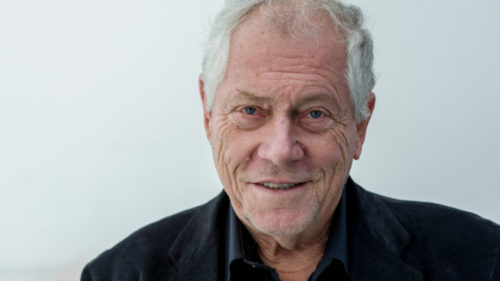Social stress affects blood cell production
Researchers at the German Rheumatism Research Centre Berlin (DRFZ), a Leibniz-Institute, have shown in a groundbreaking study how stress influences the generation of blood cells. These crucial insights into the molecular mechanisms of haematopoiesis were recently published in the journal PLoS Biology.
Haematopoietic stem cells (HSCs) in the bone marrow are a rare, long-lived and heterogeneous cell population that give rise to the various cell types of the blood. These are the source of the constant renewal of all types of blood cells throughout life. The ability of HSCs to develop evenly into different blood cells (multipotency) is impaired by stress. Stress induces a shift in the formation of blood cells towards granulopoiesis – the production of granulocytes, a type of cell in the innate immune system that responds quickly to threats such as bacteria with an immune response. Until now, the exact molecular mechanism that controls this process of stress granulopoiesis was unknown. The research team led by Professor Fritz Melchers has now discovered that certain microRNAs (miRNAs), which regulate gene expression after transcription, suppress stress granulopoiesis.
Here, the miRNAs miR-221/222 suppress so-called immediate early genes (IEGs) that are induced by stress and thereby dampen the process of stress granulopoiesis. A genetic deficiency of miR-221/222 had similar effects in animal experiments as if the laboratory animals were under social stress. Concretely, this means that the lack of miRNAs simulated social stress and an increased formation of granulocytes. Specifically, the study showed that miR-221/222 deficiency, stress and activation of the Fos/AP-1/IEG pathway are linked and ultimately influence granulocyte differentiation.
The researchers suggest that targeted activation of miR-221/222 in human bone marrow stem cells could improve the efficiency of bone marrow transplants. This could help stem cells remain quiescent and flexible (mulipotent), which in turn could suppress the uneven formation of blood cells triggered by stress, in favour of increased production of granulocytes of the innate immune system compared to lymphocytes of the adaptive immune system. This groundbreaking research not only deepens our understanding of haematopoiesis, but also opens up new avenues for therapeutic intervention in conditions where stress significantly impairs blood cell production.


 Deutsch
Deutsch
